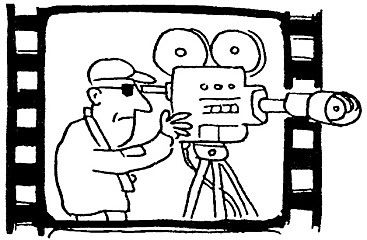Kigali and Brussels on collision course
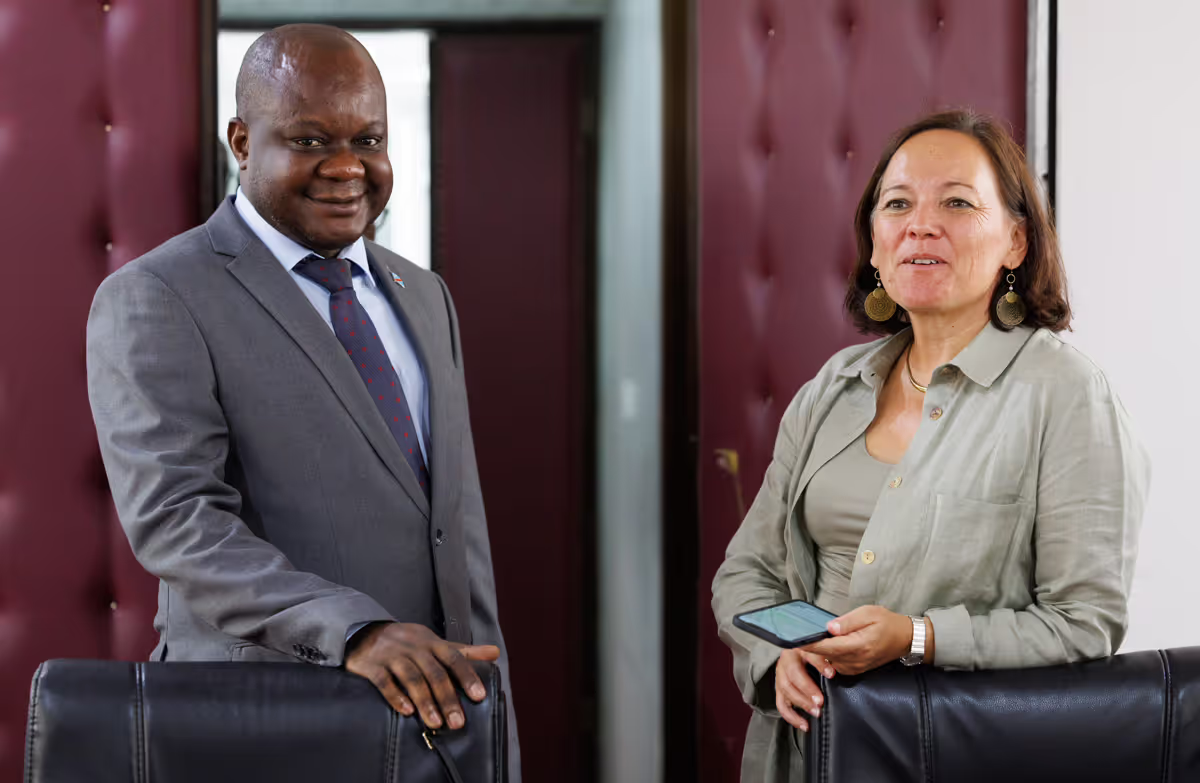
Relations between Rwanda and Belgium reached a critical juncture after the Belgian ambassador in the DRC declared publicly that Kinshasa should file an official complaint against Rwanda for sending troops into Congo to back the M-23 rebel force that now controls most of the province of North Kivu and that encircles its capital Goma. Kigali reacted immediately by saying that Congo should better take Belgium to the International Court of Justice (ICJ). “The irony of the Belgians in Congo who are lecturing us about African borders gives proof of zero self-awareness,” said Yolande Makolo, the spokesperson of the Rwandan government. Other Rwandan officials we spoke to take it one step further: “The local Belgian embassy staff tell us one thing but a couple of days later their attitude is contradicted by their colleagues in Kinshasa who are openly saying in Goma, a couple of meters from our border, that the Congolese government should accuse Rwanda openly at the ICJ of supporting the M-23 and sending troops into the country. Why didn’t that woman tell the Congolese authorities that they should stop collaborating with Hutu extremists who are carrying an internationally recognized label as terrorists? With this reaction Belgium shows clearly which side it is on in this conflict. And they are the ones who created the root causes of the war in the Kivus,” said one government source
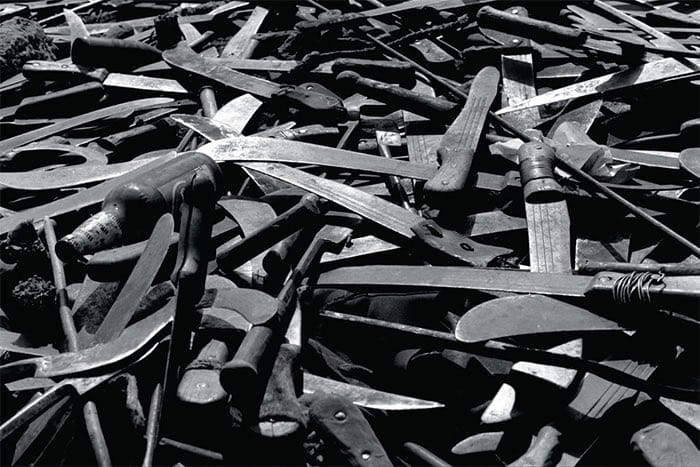
Belgian diplomats
Belgian diplomats in Kigali would only speak off the record. “The position of the Belgian government is clear, and they are asking Rwanda openly to leave the DRC,” said one Belgian diplomat. “We are also fed up with the clichés of the Rwandan government that accuses us sometimes of colonial reflexes. International borders must be respected, and Belgium is doing what it can to help Rwanda. It is sometimes very difficult to talk openly to Rwandan officials.” Many Belgian diplomats have a lot of experience in Africa and some of them served here for years. “It was not smart of the Belgian ambassador in the DRC to put extra oil on the fire by telling the Congolese that they should bring Rwanda into an international court,” said a Belgian diplomat with several tours of duty in Rwanda and in the DRC on his CV who is now working in another country. The war in the DRC and the possible involvement of Rwanda cannot be interpreted solely by referring to international law; it is far more complex than that. For Belgium, Congo and Rwanda have become a sideshow. Most Belgians have lost touch with the reality on the ground and that reality was too often colored by colonial clichés. The Belgian embassies of Kinshasa and Kigali often disagree and the Belgian ambassador in Congo put that on full display by using bold words right on Rwanda’s doorstep in Goma. This woman is a heavyweight in the Belgian diplomatic corps; she was a close collaborator of Didier Reynders, a famous Belgian politician, for years and she tends to get away with more things than her colleagues. I’m asking myself if she did this with the full consent of her bosses in Brussels.”
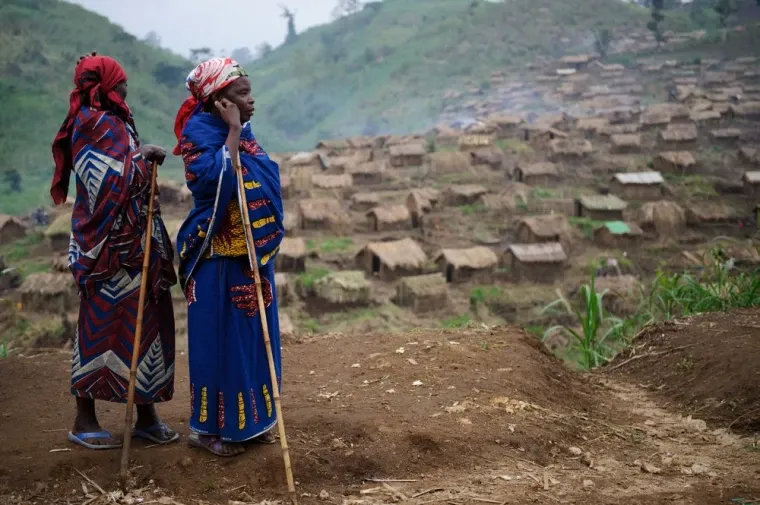
Ambassador
But the current standoff between Brussels and Kigali goes deeper: a couple of years ago Belgium refused to accredit a Rwandan diplomat who was ambassador in Congo previously and who was also ambassador in South Africa when Patrick Karegeya (a former collaborator of Paul Kagame who deserted) was killed at the same time a Belgian lawyer was killed in South Africa as well. The local police launched investigations into both cases, but Belgium decided not to accredit the new Rwandan ambassador before the investigation was finished, which in the end declared that Rwanda was not involved in the death of the lawyer. As well, last year a young Belgian diplomat was called back to Brussels after having committed a couple of serious professional mistakes. A Belgian military attaché was also recalled after the Belgians organized an event to commemorate the killing of the ten Belgian paratroopers during the 1994 genocide against the Tutsis on the same day the radical Rwandan opposition in Brussels was organizing events to commemorate the genocide. Brussels recalled the Belgian officer and the young Belgian diplomat to avoid the possible humiliation of the revocation of the accreditation of the Belgian ambassador. The current ambassador will finish his tour of duty in Rwanda in July and many people think that the local government will not accept a new Belgian ambassador before the question of the nomination of the new Rwandan ambassador in Brussels is solved.
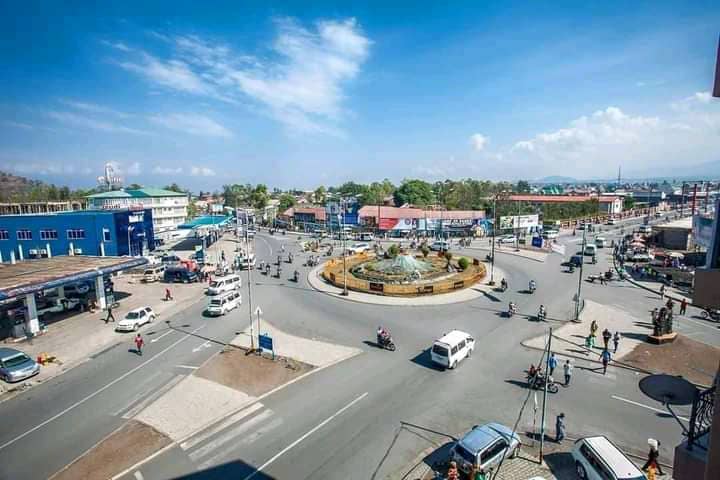
But thinking that the problems between Brussels and Kigali can be compared with a small-scale political ping pong match about who is wrong and who is right would be simplistic: the real issues are percolating behind the scenes and to bring things into perspective it is useful to dig deeper.
Perception
The perceptions about Rwanda in Belgium can be divided into two groups: one that knows the country well and has good contacts here or has worked or lived here and another one that is heavily influenced by most of the Belgian media, the opinions of the radical Rwandan opposition in Europe or the pro-democracy guardians. Both groups speak differently about the country. Europeans who have lived here for more than three months are all convinced that the country is progressing at a firm pace. They are also confronted most of the time with the situation in neighboring countries such as Burundi, Uganda and Congo and they praise Kagame and his team for the security in the country and the fact they can live a normal life here. It is difficult for outsiders to convince this group that Rwanda is a dictatorship and most of them agree that Kigali has the right to prevent problems in neighboring countries from thwarting the progress in Rwanda. The other opinion group is heavily influenced by two subgroups: one that is concentrated around former collaborators of the old regime who were often involved in the 1994 genocide themselves or whose children have taken on similar attitudes. The other subgroup harbors pro-democracy champions for whom the European and American democracy models are the only valid options for African countries. They often close their eyes to the fact that these models can offer African leaders opportunities to engage in graft and corruption. We could go deeper into this comparison but African leaders such as Paul Kagame are often mistrusted by the so-called democratic leaders in Europe who prefer to deal with more flexible African politicians. The perception of most Belgians is influenced by the followers of the second opinion group: Hutu radicals such as the people from JAMBO SPRL who are orchestrating a vivid anti-Rwanda campaign. They are hiding themselves behind democratic values and are even infiltrating major political parties in Europe to gain extra support. With the support of the local media, they can convince the mainstream public that Rwanda is a dictatorship in which people are being arrested and/or abused at random.

Last but not least, it can also be said that Belgians have lost interest in Africa. In the old days they all had an uncle or an aunt who lived here as a missionary, but that group is becoming very small. Belgium abandoned its interest in Rwanda in 1990 when Belgian politicians became aware that the country was on a collision course. They handed over their role as the principle foreign influencer in the country to the French who made an even bigger mess of it than the Belgians did. At that time Belgium was still one of the mayor foreign supporters of Congolese president Mobutu. In exchange for and cheap and abundant minerals they allowed Mobutu to become extremely wealthy on the backs of millions of Congolese. The current problems in the DRC still exist in a similar vein: Mobuto was replaced by the Kabila’s and later by Tshisekedi. With the full consent of countries like Belgium, France and the US, the DRC is sliding now into an abyss.
History
Young Belgian diplomats show frustration about the fact that the root causes of the problems in Masisi and North Kivu also have their origins in the recent past of the country and tell you that it was not them who can be held responsible for what went wrong. Belgian’s King Leopold II was one of the architects of the Berlin Conference of 1885 during which Africa was cut up like a cake between European superpowers. Part of the Congolese Kivu’s had always been part of Tutsi kingdoms. Later, Belgian colonists started rounding up thousands of peasants in present day Rwanda to work and live on their farms in the Kivu’s. Local Congolese were too lazy to work. Nowadays most of the population in these provinces are of Rwandan origin. Belgians manipulated and changed the socio-ethnic structure of the region without respecting its newly created borders. And this manipulation is one of the biggest reasons behind the conflicts that ravage the region today. In 1959 the Belgian colonial authorities allowed the Hutu population to organize pogroms against the Tutsis.
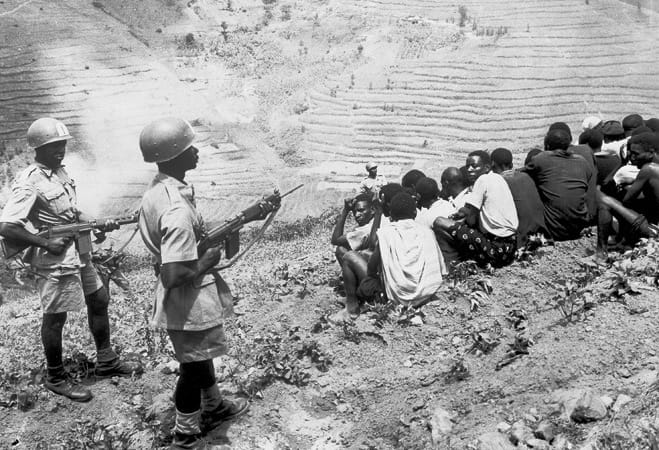
They had initially used these Tutsis to control and to rule the majority of the Hutus. But the Tutsis started to contest the attitude of their colonizer who replaced them by Hutus who had studied in their catholic mission posts. A lot of Tutsis fled to Congo, Uganda and to Burundi with one idea in their heads; to return to Rwanda to take back what was theirs before. Even after Rwanda became independent Belgians continued to look at the country as one of their backyard gardens in Africa. The new Hutu leadership was more moldable than their fellow Tutsi countrymen. The system that Belgium used was set up by the congregation of White Fathers, missionaries from the very catholic province of Limburg in Belgium. Corruption and killings were common during this period and the new leadership developed a new ideology of Hutu superiority. The White Fathers created a monster: to the outside world most of these Hutus were always smiling, praying, and working very hard. But once put in action they turned into a gigantic killing machine. Belgian responsibility in all this cannot be justified. But a lot of Belgian authorities kept on supporting these killers after the 1994 genocide against the Tutsis and some are still supporting them now. It is a fact that Belgium helped Rwanda as well to climb out of the dark pit of the genocide and it is also true that some of its leaders apologized openly for the wrong doings of their country. But this does not match up with the damage that was done. Rwandans are aware of that, and this makes their attitude towards Belgium less tolerant.
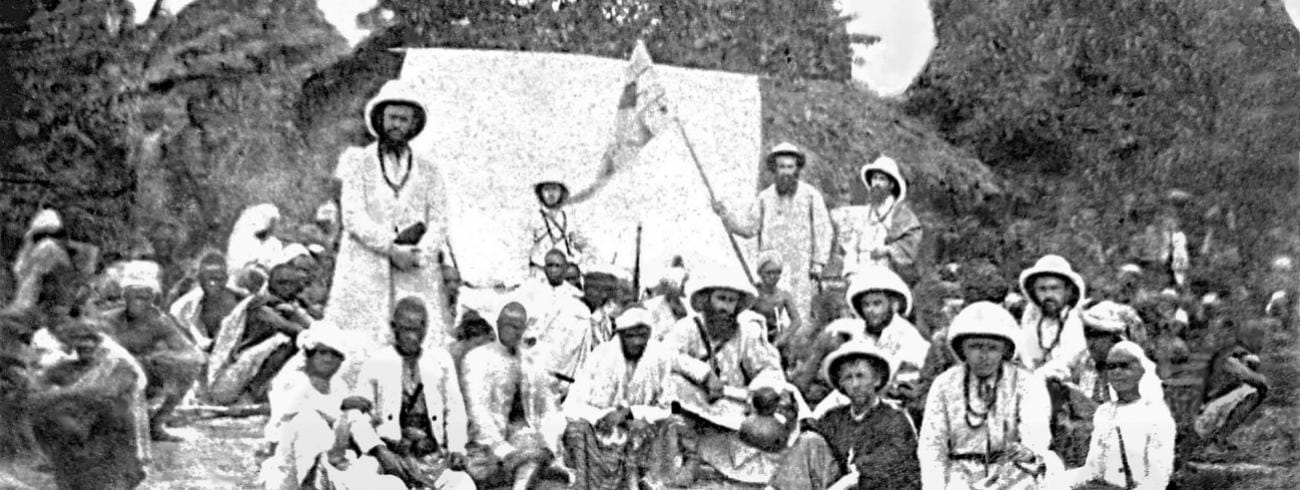
M-23
The entire M-23 issue has been widely misunderstood in Europe. Mainly because people do not want to make the effort to understand the recent history of the region. The current rebellion has its roots in the past but cannot be compared with the previous rebellions of Laurent Nkunda and the one of 2013 when Sultani Makenga took Goma. Those rebellions were both backed up by Rwanda. In 2013 the M-23 withdrew into Uganda. The international pressure on Rwanda was substantial and the rebels were promised that they would be listened to if they would comply with the demands of the international community. This never happened. The promise that the FDLR would be dealt with as well after their withdrawal never materialized either. In the meanwhile, North Kivu was nearly emptied of Congolese Tutsis; a lot of them were killed and others had to flee. And the problems in the east of the country were exploited once again by several politicians in Kinshasa to cover up their corruption and failures. More than 150 armed groups were active in this region and the FDLR was able to grow in strength again and to collaborate with the Congolese army. We are taking a shortcut here in the recent history of the region as we published already several background articles about this but the situation can be summarized easily as a reality in which more than 200,000 people were pushed out of the region and in which the FDLR, a terrorist group, was integrated completely into the Congolese army. The smallest child could see that this would lead to a new clash. The M-23 came back and soon started to attract new recruits. The Tutsi refugees in the camps in Rwanda and in Uganda sent their children to the frontline to make their last stand. Their aim is to free the Kivu’s from the Hutu extremists and to stay there so that most of the refugees can return. And this time there will be no room left for negotiations or a possible withdrawal as this will probably result in another war in a couple of years.

The war offered an opportunity for the Tshisekedi regime to find a bogyman to cover up his failures. Rwanda was quickly accused of being behind all this, the propaganda mill of Patrick Muyaya described the M-23 as a proxy force of the Rwandan army. Three years ago, there was not one Rwandan soldier active in North Kivu but as soon that it became clear that the FDLR had the intention to destabilize Rwanda again this changed. A lot of the M-23 fighters already had a past in the RDF and most of them were Tutsis. So, it was very easy for the propagandists in Kinshasa to label them as Rwandans. The Burundian government was also heavily influenced and supported by Hutu extremists who gave the Rwandan opposition the opportunity to infiltrate the Nyungwe forest in the south. The Rwandan government did not have the intention to repeat its mistakes from the past and just wanted to develop their country. But they were forced into the position they find themselves now. The Rwandan army is one of the most professional in its kind in Africa and they will always be one step ahead of their enemies. Rwanda was weary to repeat the mistakes they made while supporting Laurent Nkunda but the passivity of the international community towards the revival of the FDLR pushed the country into a more aggressive defensive position.
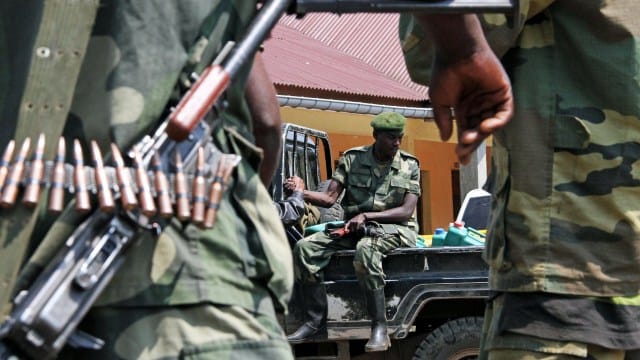
International community
The M-23 and the Rwandan government do not trust the international community or the UN who betrayed them several times in the past. Denying that there are no Rwandan soldiers present in the DRC would be naïve but the numbers that are being put forward by some of our colleagues in the international press are fiercely exaggerated and whether the RDF is active in the DRC or not they will always be accused of this crime. Last week a long article was published by Bloomberg in which Rwanda was accused of sending more than 3,000 troops into Congo. This is a serious exaggeration. And in the meantime, nothing is done to curb the growth of the FDLR and other Hutu extremist groups. Belgian diplomats might accuse Rwanda of sending troops into the country but who is going to stop these extremists from infiltrating Rwanda again. So, it becomes too easy to hide the truth behind international laws and rules. In the past these laws never worked to protect the victims of the 1994 genocide against the Tutsi's, the protection of the Bagogwe and the Banyamulenge in the DRC, etc. The error that the Belgians are making is the fact that they compound the stupidity of the Congolese government. And they are not the only ones to do this. For them a weak and corrupt country where they can extract minerals at ease is a better and easier option than confronting the truth. Combine this with the fact that the Belgians lost their key position in the DRC to influence the local government and it might become easier to understand the frustration of a Belgian ambassador in Kinshasa who still might think that she can dictate reality. M-23 wants to negotiate, and Rwanda does not want war. Throwing extra oil on the fire and bullying the Tutsi community might have an adverse effect on the future of the DRC. M-23 has got Tshisekedi by the throat and the rebels can walk into Goma whenever they want.
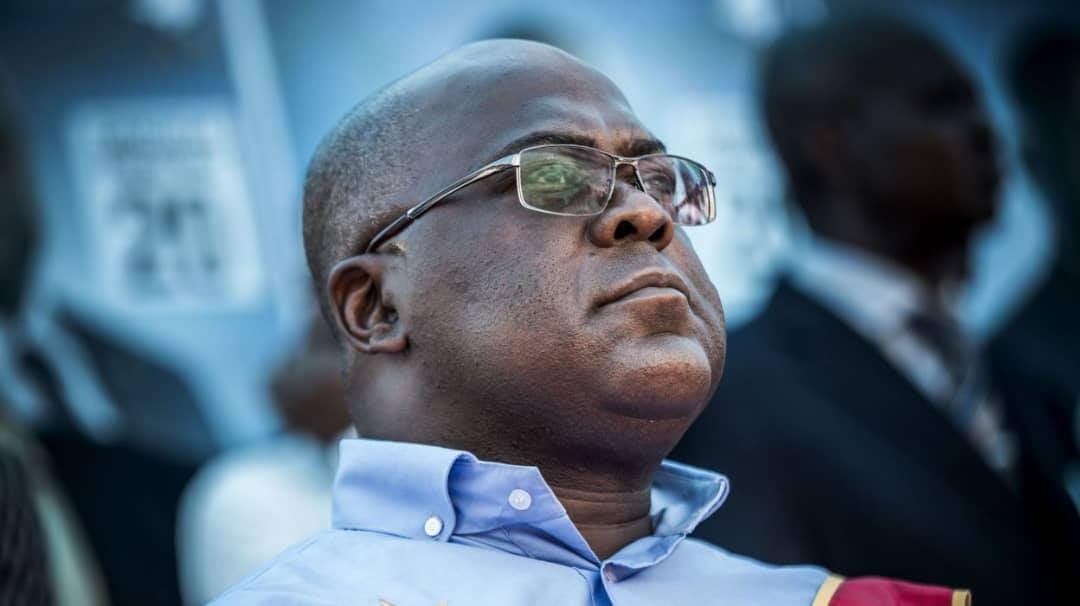
The loss of the Kivu’s might have a domino effect on the rest of the country and see it implode. The Belgian Ministry or Foreign Affairs should have thought twice before sending a pro Kinshasa pitbull ambassador to Goma to stir things up. American diplomats have been making similar remarks as the Belgian ambassador and this analysis might be useful to describe their actions as well. We’re a long way from home to solve the problems in the Kivu’s with such an attitude!
Adeline Umutoni & Marc Hoogsteyns - Kivu Press Agency
